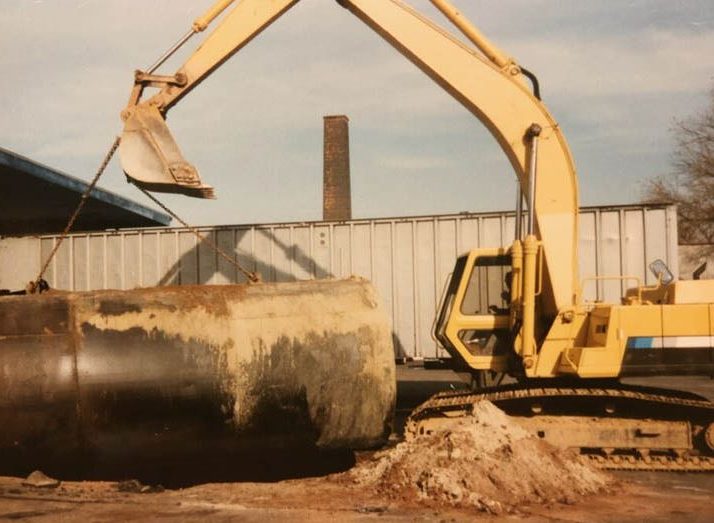 Quick and Efficient Problem Solving
Quick and Efficient Problem Solving
When faced with a leaking faucet or a clogged drain, the expertise of a professional plumber can be a lifesaver. Plumbers are trained to diagnose issues swiftly and provide efficient solutions, ensuring that your plumbing problems are resolved promptly without causing further damage.
Quality Workmanship and Reliable Service
Professional plumbers bring a wealth of knowledge and experience to the table, guaranteeing high-quality workmanship that stands the test of time. By hiring a plumber, you can rest assured that the job will be done right the first time, saving you from costly repairs down the line.


 Roof replacement needs a huge cost which requires professional help and choosing the right roofers to complete the work. When your roof has been over 10 years and you found that there is damage on the roof, it is advisable to start budgeting for the costs of roof replacement. However without good knowledge you will be lost in search of the actual costs of roof replacement. And so fundamentally what are the costs that must be considered while trying to replace the roof? Is energy efficient on your mind? It is often calculated that almost 35% of the heating and cooling costs are caused by bad insulation in the roof. If you are considering long-lasting roof, specific materials must be used.
Roof replacement needs a huge cost which requires professional help and choosing the right roofers to complete the work. When your roof has been over 10 years and you found that there is damage on the roof, it is advisable to start budgeting for the costs of roof replacement. However without good knowledge you will be lost in search of the actual costs of roof replacement. And so fundamentally what are the costs that must be considered while trying to replace the roof? Is energy efficient on your mind? It is often calculated that almost 35% of the heating and cooling costs are caused by bad insulation in the roof. If you are considering long-lasting roof, specific materials must be used. Remodeling your home creates a pretty large mess when all is said and done. Even if your contractor or crew of renovators go about the work tidily, there’s still waste, dust and dirt to take care of when the project has concluded. To help, here are a few tips for homeowners on minimizing waste and performing an in-depth post-construction cleanup after your final walkthrough.
Remodeling your home creates a pretty large mess when all is said and done. Even if your contractor or crew of renovators go about the work tidily, there’s still waste, dust and dirt to take care of when the project has concluded. To help, here are a few tips for homeowners on minimizing waste and performing an in-depth post-construction cleanup after your final walkthrough. After overcoming the challenge of buying a home, homeowners are occupied with a new assignment: properly maintaining the property. Often, this leads them into unacquainted territory. One example of maintenance that some find challenging is all the upkeep needed for a driveway. To help get the most out of your driveway’s lifespan, let’s go over a few maintenance, upkeep and repair basics.
After overcoming the challenge of buying a home, homeowners are occupied with a new assignment: properly maintaining the property. Often, this leads them into unacquainted territory. One example of maintenance that some find challenging is all the upkeep needed for a driveway. To help get the most out of your driveway’s lifespan, let’s go over a few maintenance, upkeep and repair basics. The oil tank removal process typically involves draining and cleaning the tank, then remove it from the property. Depending on the size of the tank, additional steps such as soiling and hauling away may be involved.
The oil tank removal process typically involves draining and cleaning the tank, then remove it from the property. Depending on the size of the tank, additional steps such as soiling and hauling away may be involved.